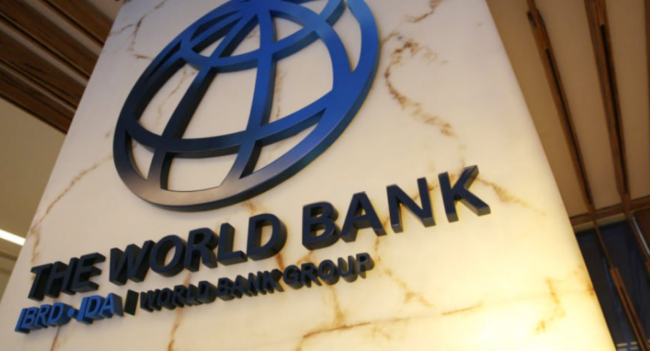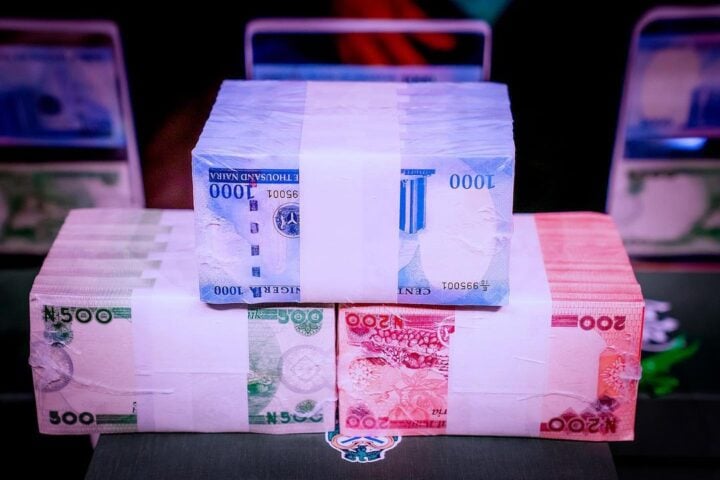Nigeria is the third-largest debtor to the World Bank’s International Development Association (IDA) as of June 30.
According to the World Bank, Nigeria’s loan exposure from the IDA rose to $16.5 billion as of June.
This was published in a financial statement dated June 30 2024, recently released by the World Bank.
The IDA, a key arm of the World Bank, provides concessional loans and grants to the world’s poorest countries.
Advertisement
These loans, characterised by low interest rates and extended repayment periods, are designed to promote economic growth, reduce inequalities, and improve living conditions in developing nations.
The loans to Nigeria increased by $2.2 billion compared to the $14.3 billion recorded at the end of 2023.
Ahead of Nigeria on the IDA debt list are Bangladesh, with $20.5 billion, followed by Pakistan with $17.5 billion exposure.
Advertisement
India occupies the fourth spot with $15.9 billion, while Ethiopia, Kenya and Vietnam followed with $12.2 billion, $12.0 billion, and $12.0 billion, respectively.
The three countries at the bottom of the list are Tanzania ($11.7 billion), Ghana ($6.7 billion) and Uganda ($4.8 billion).
“As of June 30, 2024, the ten countries with the highest exposures accounted for 63% of IDA’s total exposure,” the World Bank said.
“Monitoring these exposures relative to the SBL requires consideration of the repayment profiles of existing loans, as well as disbursement profiles and projected new loans and guarantees.”
Advertisement
The Debt Management Office (DMO), on June 20, said Nigeria’s total public debt increased to N121.67 trillion in the first quarter (Q1) of 2024, compared to the N97 trillion recorded in December 2023.
According to the DMO, the increase was primarily due to new domestic borrowing by the federal government to partly fund the deficit in the 2024 budget as well as disbursements by multilateral and bilateral lenders.
The debt office said total domestic debt was N65.65 trillion ($46.29 billion), while total external debt was N56.02 trillion ($42.12 billion).
Advertisement
Add a comment









